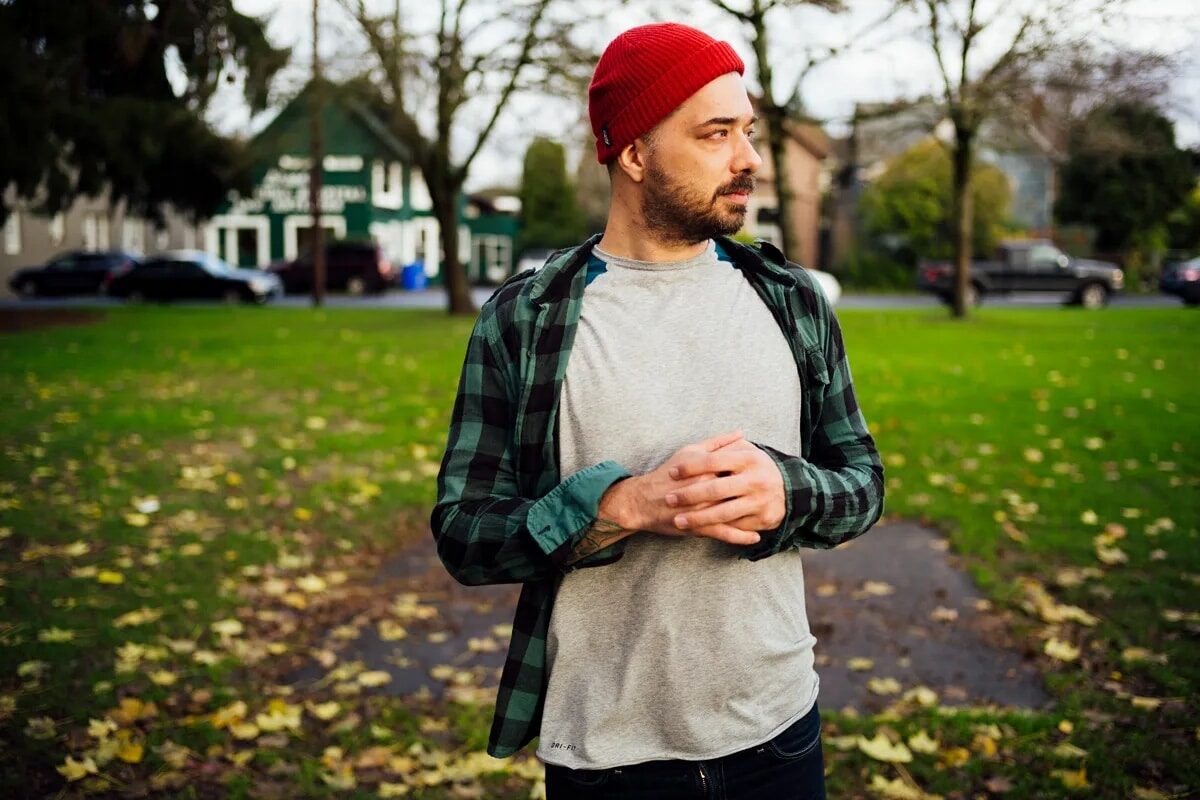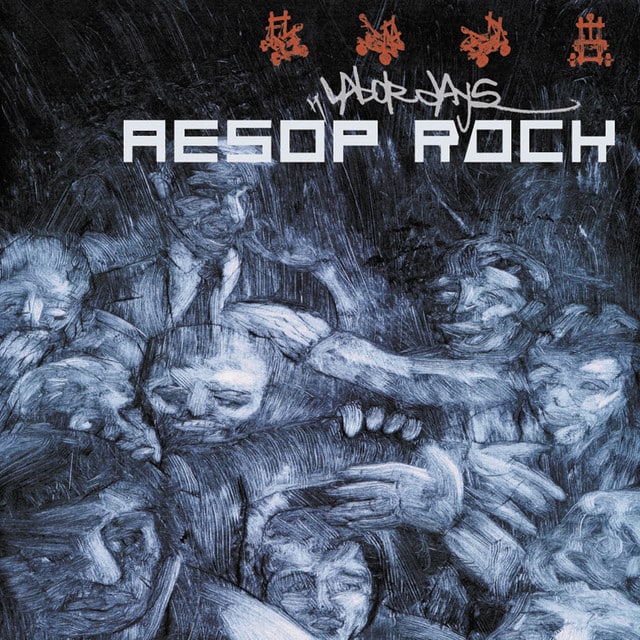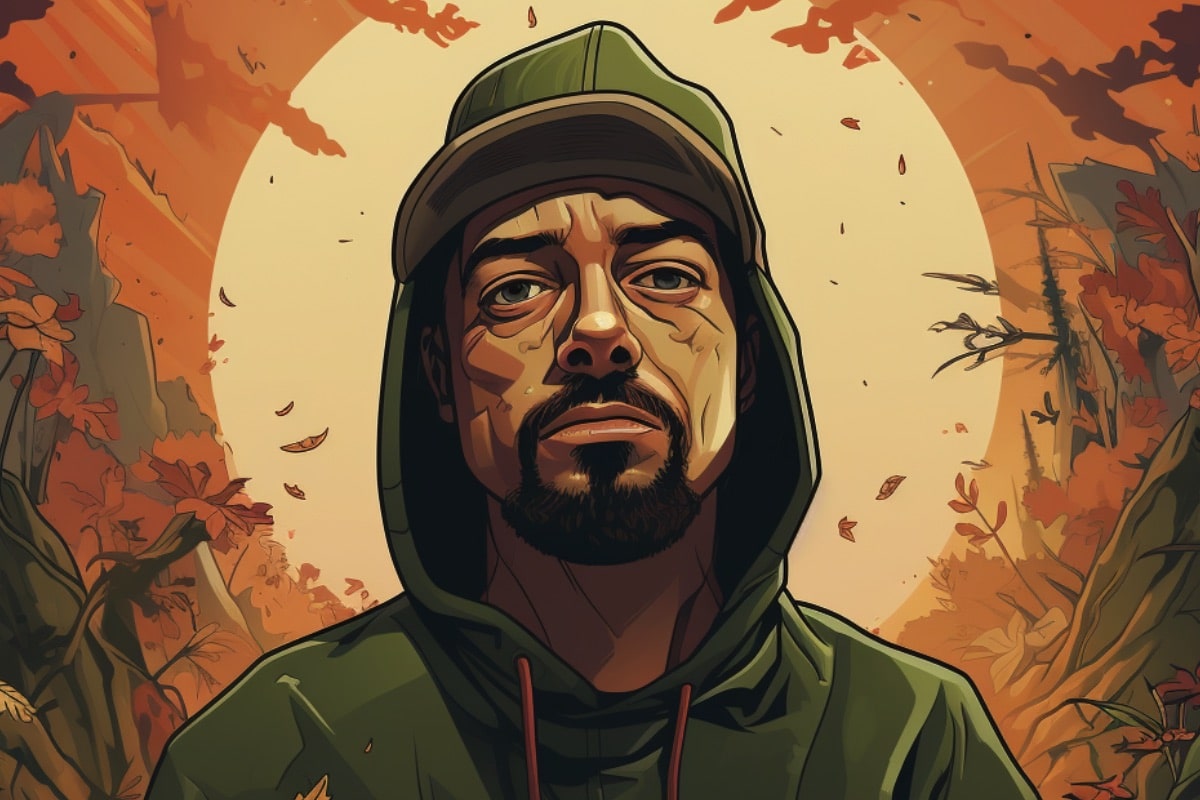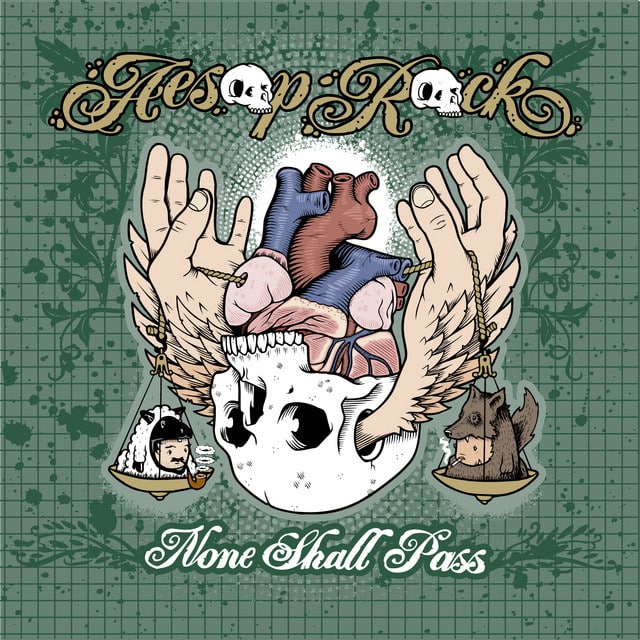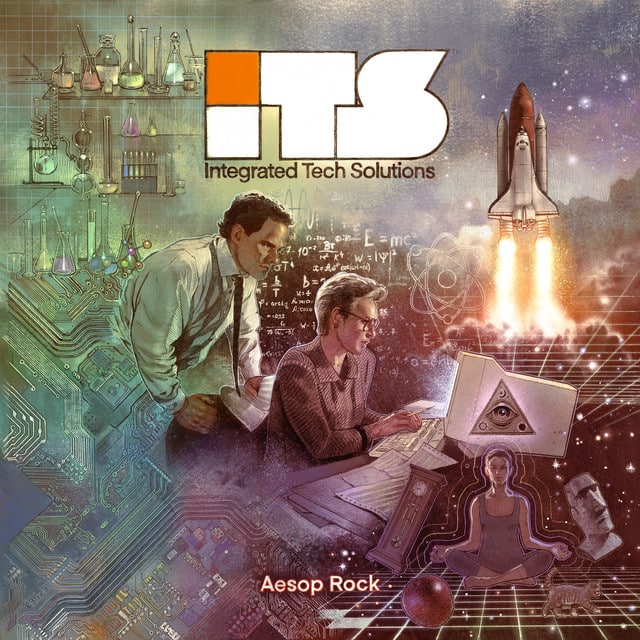Ian Matthias Bavitz, better known as Aesop Rock, isn’t just another rapper; he’s a lyrical savant whose journey through the underground hip-hop scene has been nothing short of legendary. Born on June 5, 1976, in the suburbs of Long Island, New York, Aesop Rock’s story is a tapestry woven with words, beats, and an unyielding quest for artistic authenticity.
Aesop Rock’s debut, “Music for Earthworms” in 1997, wasn’t just a record; it was a clarion call to the underground hip-hop world. What followed was a relentless pursuit of musical evolution. With albums like “Float” and the iconic “Labor Days”, he wasn’t just releasing music; he was crafting a legacy. The 2007 hit “None Shall Pass” became his calling card, a track that encapsulated his intricate wordplay and enigmatic storytelling.
Yet, Aesop didn’t just shine solo; his collaborative projects spoke volumes of his versatility. From The Weathermen to Malibu Ken, he was a chameleon in the rap scene, adapting and excelling in various group dynamics. His role in Hail Mary Mallon and the Uncluded added more layers to his already complex artistic persona.
The Early Days: A Tale of Two Cities
Raised in Northport, Long Island, Aesop’s childhood was a blend of suburban normalcy and artistic discovery. His trips to New York City exposed him to the burgeoning hip-hop culture, fueling his passion for the genre. Influenced by icons like Public Enemy and Run DMC, he also dabbled in rock, thanks to his brother’s influence, laying the groundwork for his eclectic musical taste.
Whilst at Boston University, Aesop honed his craft and met Blockhead, his future collaborator, became a pivotal moment in his life and career. They were a dynamic duo – Aesop with the rhymes and Blockhead with the beats. His college years were more than education; they were the incubation period for his future career.
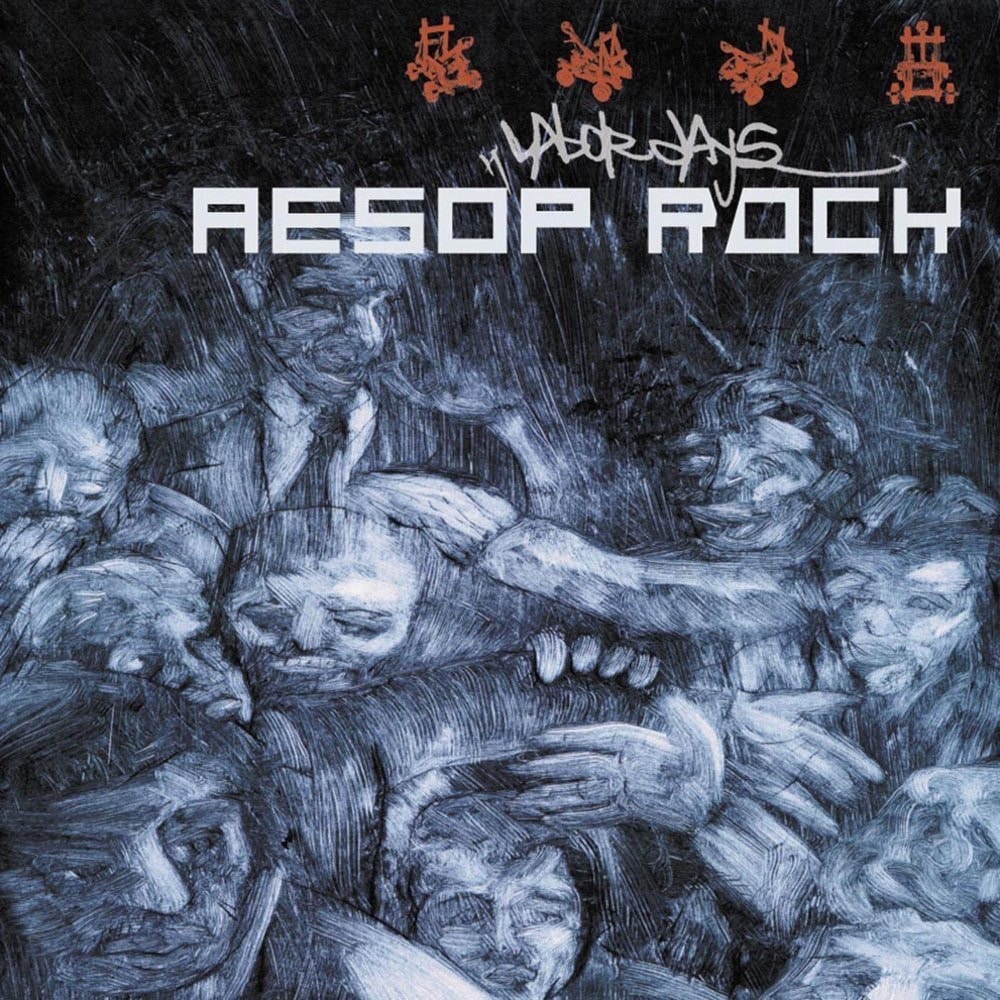
Definitive Jux Era
Signing with Definitive Jux was a major milestone. Albums like “Labor Days” and “Bazooka Tooth” saw Aesop navigate themes of labor and society with his trademark lyrical complexity. His music wasn’t just heard; it was dissected and discussed, resonating with a generation seeking depth in hip-hop.
The Hiatus
Post-“None Shall Pass”, Aesop took a step back, only to return with “Skelethon”, a testament to his enduring relevance in the ever-evolving hip-hop landscape. This period wasn’t a hiatus; it was a period of artistic fermentation, culminating in collaborations that further cemented his status as an innovator.
A New Era
“The Impossible Kid” marked a new chapter, showcasing a matured, introspective Aesop. Collaborations with Tobacco in Malibu Ken and the release of “Spirit World Field Guide” indicated his willingness to explore new territories, musically and thematically. His latest work, “Integrated Tech Solutions”, is not just an album; it’s a beacon of his continuous evolution.
Lyrical Complexity
Discussing Aesop Rock’s lyrics is diving into a labyrinth of metaphors, references, and wordplay. His style is a puzzle, challenging the listener to look beyond the surface. His words aren’t just rhymes; they’re reflections of his life, thoughts, and observations, wrapped in a complex linguistic package.
Aesop’s vocabulary isn’t just extensive; it’s record-breaking. Outdoing Shakespeare and Herman Melville, he stands as a testament to the intellectual depth hip-hop can reach. His lyrics are a mosaic of unique words, each a brushstroke in his vast linguistic canvas.
In essence, Aesop Rock is a storyteller, a wordsmith, and an artist who has continuously pushed the boundaries of hip-hop. His journey from the streets of New York to the forefront of alternative hip-hop is a narrative of persistence, innovation, and unapologetic authenticity. Aesop Rock isn’t just a name in the rap game; he’s a symbol of lyrical and artistic mastery.
Would you like to learn more? Dive deeper into the depths of Aesop Rock in our featured articles below.
